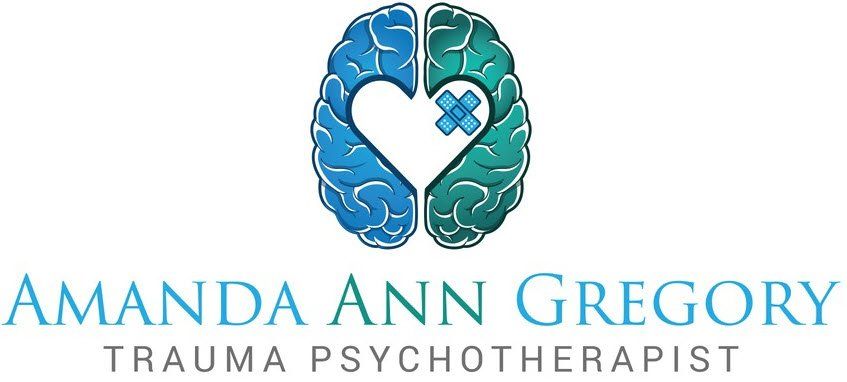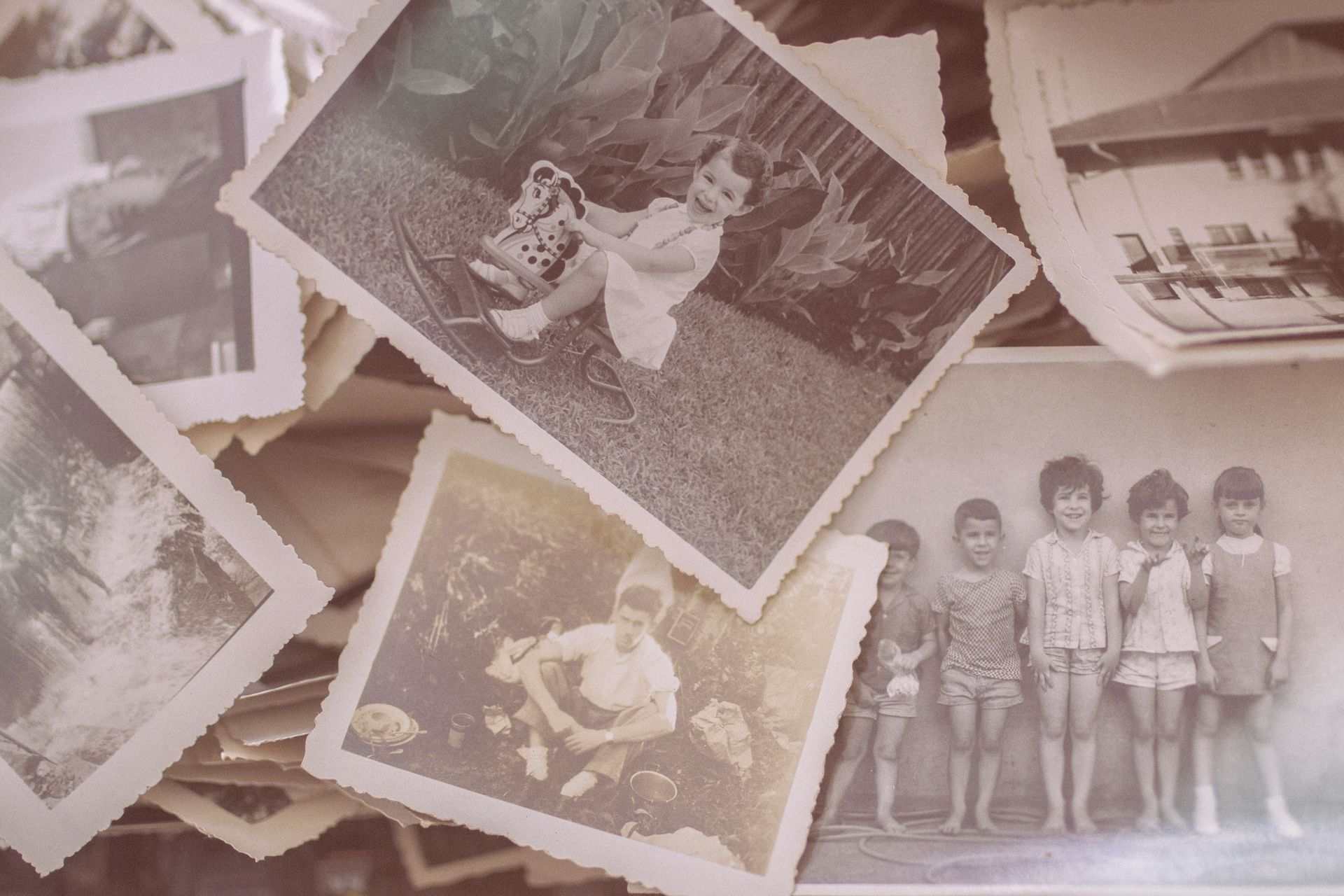Everyone you know is panicked, anxious, or stressed out about COVID-19. But, you’re not. This might be because you’ve experienced trauma.
We’re all experiencing the same pandemic but we are not all experiencing it the same way. Experience is a combination of external and internal factors. Your experiences of trauma can provide you with a distinctive internal experience related to COVID-19 that may not be shared by many others.
Many people who’ve experienced trauma are not reacting strongly to the changes and unpredictability occurring as a result of COVID-19. You might be one of these people. Consider these explanations of why you might not be anxious about COVID-19.
Your body is already in a state of hyperarousal
Hyperarousal is often experienced in the fight, flight, freeze, or fawn fear responses. If your body is persistently waiting to fight off danger, run away from it, remain still until the danger passes, or comply in order to survive, you might be experiencing hyperarousal. You can experience one or more of these responses when you encounter a threat, and trauma causes these responses to stick around even after the threat has passed. When someone is told that they could become seriously ill or die, such as in the COVID-19 epidemic, they may experience new sensations of hyperarousal. However,
you
might not have such an experience because your body is already in this hyperaroused state or because you’re used to surviving in his state. Hyperarousal isn’t a state that you want to remain in, as it can have detrimental emotional and physical effects on you.Yet, it might explain why you are not panicking during a pandemic.
You’re skilled at focusing on your survival
Health, food, money, and the state of the country are all issues related to your survival and the survival of those you love. Trauma creates a hyper-focus on survival that some people have never experienced. If you’re an expert at focusing on survival, COVID-19 may feel familiar. Here’s a few case examples taken from my psychotherapy clients:
- Mary was involved in her parent’s financial struggles from a young age. She learned to earn and manage her own money when she was 12 years old. As a result, she experiences persistent financial anxiety as an adult. Mary is constantly worried about paying rent, buying food, and saving for retirement. During this pandemic, Mary is not able to work and is watching her 401K shrivel. You’d think she’d be panicking. Yet, she has no increase in her financial anxiety. As she reported, “This feels normal to me. It’s almost like I’m welcoming other people to my world.”
- Bill went without food for days while he was incarcerated. He learned to ration his food in order to survive. When COVID-19 emerged, he didn’t feel the need to stockpile food. As he reported, “I know how many calories I consume each day and how much I need to live. A food shortage wouldn’t be a shock for me, cause I’ve been planning for that for years.”
- Ruth’s parents didn’t take her to see a doctor when she was ill. As a child, she became focused on maintaining her physical health in order to survive. As a result, she is highly attuned to her body. “I’m so used to thinking about my health. How am I feeling? What do I need to feel better? With this virus, it doesn't feel much different.”
You’re resilient
The American Psychological Association defines resilience as “the process of adapting well in the face of adversity, trauma, tragedy, threats, or significant sources of stress.” Your ability to adapt is based upon any physical or psychological coping mechanisms that protect you from harm. For example, if you have a dry cough - a common symptom of COVID-19 - you might feel nervous and tell yourself “Calm down, let’s see what this is before I stress out about it.” If you’re able to adapt and return to a state of calm, this might be a sign of resilience.
Experiences of trauma can create resilience. If you’ve experienced trauma you could benefit from established resiliency during this pandemic. Let’s revisit my client’s experiences:
- Mary experienced stress as a child due to her parent’s financial struggles. She is now out of work and her 401K is depleting. She reported: “I’ll be ok. I grew up in an environment that was much worse. It feels like I know how to calm myself and I can take action if I was in a true financial crisis.”
- Bill experienced neglect in prison as he was denied food. He’s heard gossip about a possible food shortage due to COVID-19. He stated: “If they told me today that all the grocery stores were closing I would know how to manage. I feel like I’m miles ahead of other people who've never been without food.”
- Ruth experienced medical neglect as a child, as she did not receive medical care when needed. She reported: “There are so many ways that I can take care of my health. When I hear that there might not be a hospital bed or a ventilator for me if I need one I feel empowered. It’s the feeling of ‘ I can do this, I know what to do. ”
There are many people who’ve experienced trauma who are having adverse reactions to COVID-19. There are also trauma survivors who feel calm, ready, and empowered. Your experiences of trauma could be providing you with your own unique experience.
Get your Free eBook: 25 Anxiety & Trauma Coping Hacks

All Rights Reserved | Amanda Ann Gregory, LCPC
Design & Consultation by Teresa Lauer, LMHC, GrowYourTherapyPractice.com *

